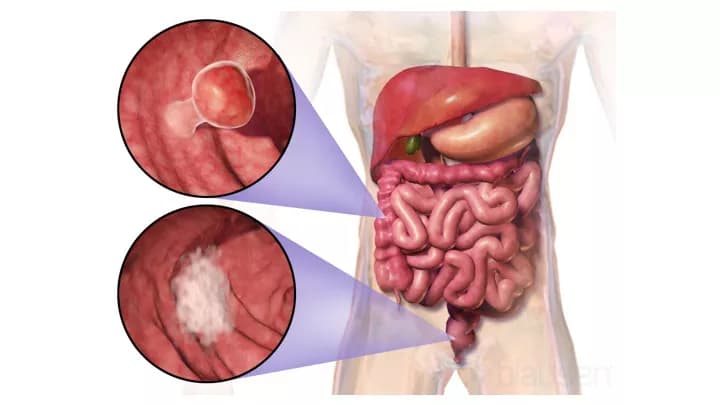
Amino Acids In Diet Could Be Key To Starving Cancer
Cutting out certain amino acids -- the building blocks of proteins -- from the diet of mice slows tumor growth and prolongs survival, according to new research published in Nature.
Researchers at the Cancer Research UK Beatson Institute and the University of Glasgow found that removing two non-essential amino acids -- serine and glycine -- from the diet of mice slowed the development of lymphoma and intestinal cancer.
The researchers also found that the special diet made some cancer cells more susceptible to chemicals in cells called reactive oxygen species.
Chemotherapy and radiotherapy boost levels of these chemicals in the cells, so this research suggests a specially formulated diet could make conventional cancer treatments more effective.
The next stage would be to set up clinical trials with cancer patients to assess the feasibility and safety of such a treatment.
Dr Oliver Maddocks, a Cancer Research UK scientist at the University of Glasgow, said: "Our findings suggest that restricting specific amino acids through a controlled diet plan could be an additional part of treatment for some cancer patients in future, helping to make other treatments more effective.
Professor Karen Vousden, Cancer Research UK's chief scientist and study co-author said: "This kind of restricted diet would be a short term measure and must be carefully controlled and monitored by doctors for safety. Our diet is complex and protein -- the main source of all amino acids -- is vital for our health and well-being. This means that patients cannot safely cut out these specific amino acids simply by following some form of home-made diet."
Amino acids are the building blocks that cells need to make proteins. While healthy cells are able to make sufficient serine and glycine, cancer cells are much more dependent on getting these vital amino acids from the diet.
However, the study also found that the diet was less effective in tumors with an activated Kras gene, such as most pancreatic cancer, because the faulty gene boosted the ability of the cancer cells to make their own serine and glycine. This could help to select which tumors could be best targeted by diet therapy.
Dr Emma Smith, science communication manager at Cancer Research UK, said: "This is a really interesting look at how cutting off the supply of nutrients essential to cancer cell growth and division could help restrain tumors.
"The next steps are clinical trials in people to see if giving a specialised diet that lacks these amino acids is safe and helps slow tumor growth as seen in mice. We'd also need to work out which patients are most likely to benefit, depending on the characteristics of their cancer."
Materials provided by Cancer Research UK. Note: Content may be edited for style and length.
Disclaimer: DoveMed is not responsible for the accuracy of the adapted version of news releases posted to DoveMed by contributing universities and institutions.
Primary Resource:
Maddocks, O. D., Athineos, D., Cheung, E. C., Lee, P., Zhang, T., van den Broek, N. J., ... & Blagih, J. (2017). Modulating the therapeutic response of tumours to dietary serine and glycine starvation. Nature, 544(7650), 372-376. DOI: 10.1038/nature22056
Related Articles
Test Your Knowledge
Asked by users
Related Centers
Related Specialties
Related Physicians
Related Procedures
Related Resources
Join DoveHubs
and connect with fellow professionals

0 Comments
Please log in to post a comment.